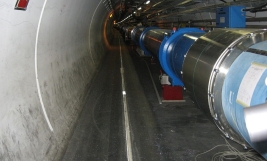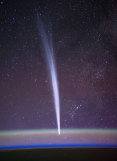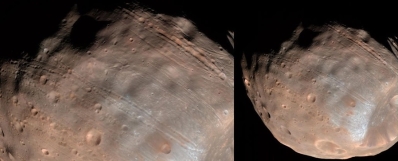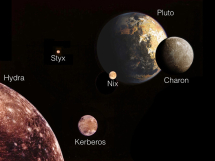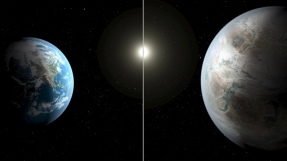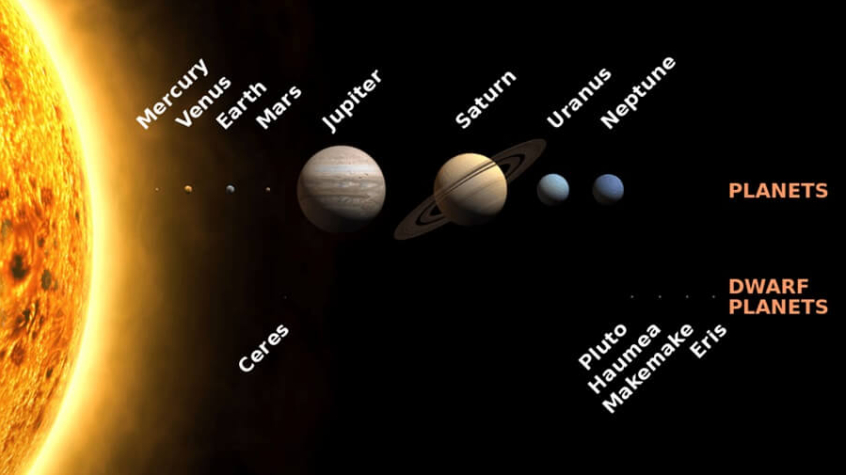
Could another planet be revolving around our sun all this time, without us being aware of it?
Using data from the Atacama Large Millimeter/submillimeter Array (ALMA) located in Chile, astronomers were able to spot a faint, distant object in the direction of the Alpha Centauri star system, located in the outer region of the solar system.
This new discovery has fuelled much enthusiasm and speculation among space scientists and enthusiasts.
According to an article on Astronomy.com, the researchers ruled out the possibility that the distant space object was a star, owing to the fact that the ALMA observatory was able to capture low-frequency wavelengths from the new discovery.
Stars do not emit this kind of wavelength, and typically emit too much light for astronomers to spot anything around its vicinity.
One of the possibilities put forward by the discoverers is that the spotted space object can possibly be a "super-Earth," or a planet with a mass somewhere between that of the Earth's and that of Neptune and Uranus, the two gas giants in our solar system.
In an article on Forbes.com, astrophysicist Brian Koberlein explained that the space object could well be one of the two speculated super-Earths lurking around in the outer solar system.
"One possibility (and I think the most likely) is that it's an extreme trans-Neptunian object about 100 astronomical units (AU) away from the Sun," Koberlein wrote. "Another possibility (which seems more likely to the object's discoverers) is that it is about 300 AU away and about 1.5 times the size of Earth, making it the first 'super-Earth' found in our solar system."
Other members of the scientific community, however, are not convinced that this new discovery will mean another member of our solar system.
Astronomer Mike Brown from the California Institute of Technology, for instance, said that the probability of having a ninth planet in our solar system is just too small.
"The logical leaps are sort of astounding," Brown told the Washington Post. "What they really saw is a little blip and then six months later another little blip."










